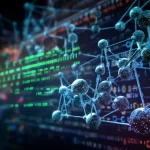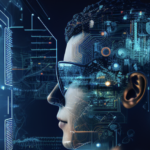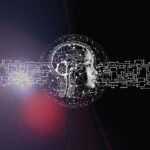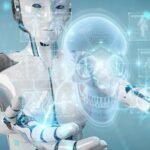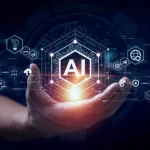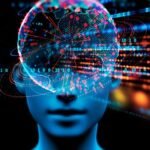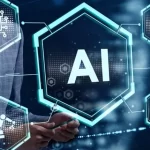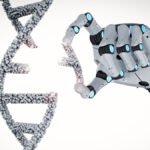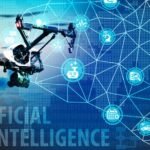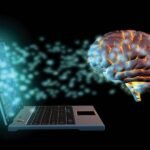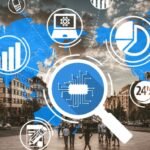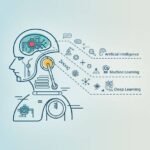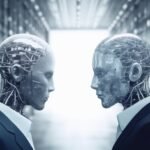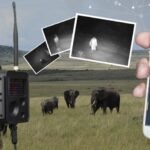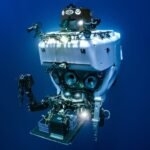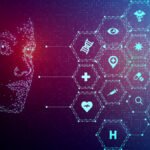Interview with Mr.Nick Bostrom
Interviewer: Good morning, Mr. Bostrom. It’s an honor to have you here for this interview. Let’s jump right into it. As one of the leading figures in the field of artificial intelligence and existential risks, could you share your thoughts on the current state of AI development and its potential impact on society?
Nick Bostrom: Good morning, and thank you for having me. The current state of AI development is progressing rapidly, and we’ve witnessed remarkable advancements in recent years. AI has the potential to revolutionize numerous industries, from healthcare to transportation, and bring about substantial benefits to society. However, it also poses significant challenges and risks that need to be carefully managed.
Interviewer: Indeed, the risks associated with AI are a crucial topic of concern. Could you elaborate on some of the potential risks that we should be mindful of as AI continues to evolve?
Nick Bostrom: Absolutely. One of the key risks is the possibility of artificial general intelligence (AGI) surpassing human capabilities and becoming autonomous decision-makers. If AGI systems are not aligned with human values or lack appropriate safeguards, they could act in ways that are detrimental to humanity’s well-being.
There are concerns related to job displacement, as AI systems may render many tasks obsolete, potentially leading to significant unemployment and economic inequality. We must also consider the risks of AI being used for malicious purposes, such as cyberattacks, misinformation campaigns, or autonomous weapons.
Lastly, we need to address the broader societal implications of AI, including issues of privacy, bias, and fairness. It is essential to ensure that AI technologies are deployed in a responsible and transparent manner, taking into account ethical considerations.
Interviewer: Those are indeed crucial points to consider. Building upon that, how do you propose we address these risks and ensure the responsible development and deployment of AI?
Nick Bostrom: Addressing these risks requires a multi-faceted approach involving collaboration between policymakers, researchers, and industry leaders. First and foremost, we need to invest in robust safety measures and develop technical frameworks that align AI systems with human values.
Ethical guidelines and regulations should be established to ensure transparency, accountability, and fairness in AI systems. It’s crucial to encourage interdisciplinary research that explores the societal impact of AI and promotes responsible innovation.
Furthermore, international cooperation is vital to prevent a competitive race without adequate safety precautions. We should foster global discussions and agreements on AI governance to avoid the potential risks associated with an unregulated AI arms race.
Interviewer: Excellent suggestions, Mr. Bostrom. Shifting gears a bit, you’ve also written extensively about existential risks and the potential threats that humanity faces. How do you see AI intersecting with these existential risks, and what can be done to mitigate them?
Nick Bostrom: AI intersects with existential risks in several ways. Firstly, there is the possibility that AI could lead to unintended consequences or catastrophic failures if not developed and deployed with appropriate caution. The risk of AGI development becoming a competitive race without adequate safety measures increases the chances of such failures.
Secondly, there is the concern that AGI could surpass human intelligence and gain the ability to modify its own goals and motivations. If not aligned with human values, this could lead to outcomes that are not aligned with our long-term survival or well-being.
To mitigate these risks, we need to invest in research that focuses on robust safety measures for AI systems, including value alignment and verification methods. International collaboration is vital in establishing norms and protocols for AGI development to ensure safety precautions are prioritized.
We should also encourage the development of interdisciplinary fields, such as AI ethics and AI policy, to address the societal and existential implications of AI. By taking a proactive and cautious approach, we can work towards minimizing the risks associated with AI development.
Interviewer: Thank you for sharing your insights, Mr. Bostrom. Before we conclude, is there any message or advice you would like to give to our audience regarding the future of AI and its impact on society?
Nick Bostrom: My message to the audience would be to approach the development and deployment of AI with both enthusiasm and caution. AI has the potential to bring tremendous benefits to society, but we must ensure that it is developed and used in a responsible and ethical manner.
It is essential to foster a collaborative and interdisciplinary dialogue that involves not only technologists but also policymakers, philosophers, and the wider public. By actively engaging in discussions about the future of AI, we can collectively shape its trajectory and work towards a future where AI serves humanity’s best interests.
Interviewer: Thank you very much, Mr. Bostrom, for your valuable insights and thought-provoking ideas. It has been a pleasure speaking with you today.
Nick Bostrom: Thank you for having me. It was my pleasure to engage in this conversation.





